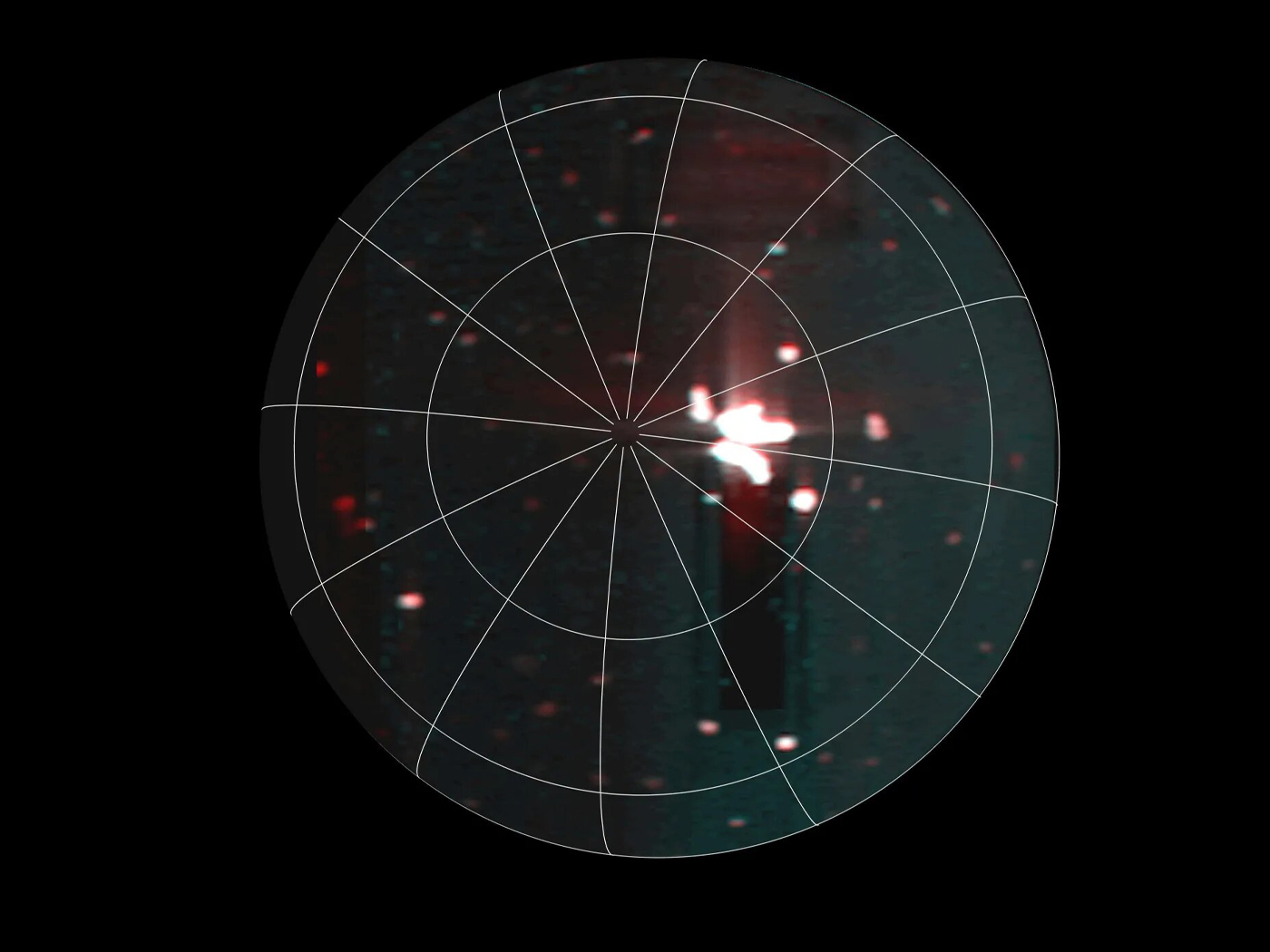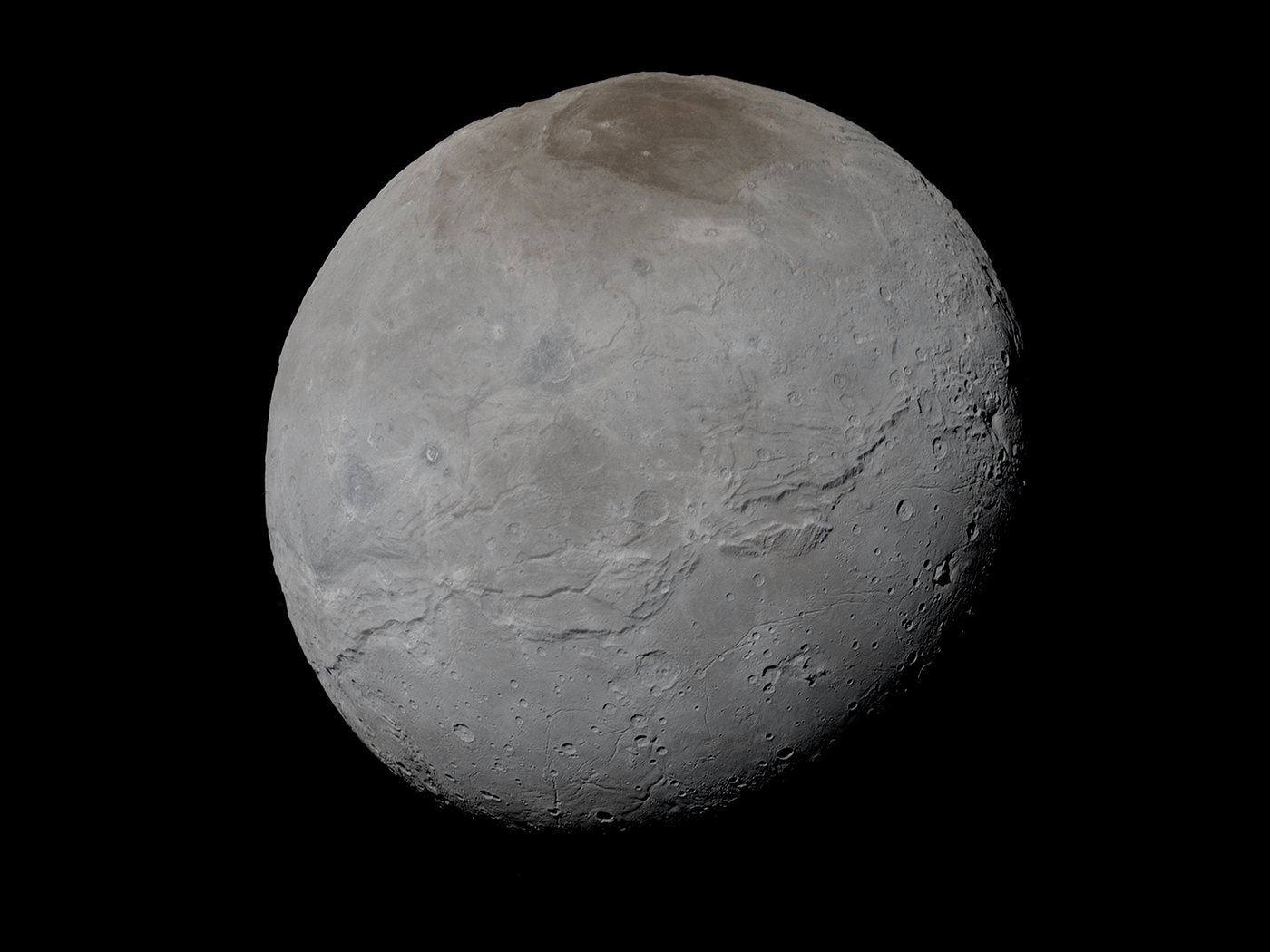The science of genetics continues to refute the notion that humans evolve by natural selection of beneficial mutations. One recent study used next-generation techniques to compare the detailed sequences of 202 genes in 14,002 people.1 They discovered that many people have rare, individual differences in their gene sequences. And those differences, or "variants," were probably caused by mutations and arose in the last few thousand or fewer years. The variants that everybody carries raise difficult questions for evolution to answer, while they confirm biblical creation.
Publishing in Science, the extensive gene survey discovered "an abundance of rare single-nucleotide variants compared with common variants."1 Rare variants include those that perhaps only one or two people or a family possesses, and common variants are DNA differences that are shared by larger people groups. The vast majority of variants are rare. What does this mean?
First, it implies that gene variants developed recently. If they arose thousands of years ago, before the human population began to soar, then the descendants would have inherited them. But since the gene variants are very rare, they reflect recent and unique mutations.
Why has all this population growth and mutational buildup only just occurred if humans have been on the planet for "at least 2.4 million years"?2 The human population should have skyrocketed long ago if evolutionary time is true.3 And the human population should have collapsed many times under its burden of mutational variants—each of which garbles just a tiny bit of DNA information—if evolutionary time were real.4
The latest Science study calculated a rate of 1.38 x 10-8 mutations per base pair per generation. Given the almost 3.2 billion base pairs in the human genome, that means that each new generation accumulates 44 brand new mutations in their genes. Regulatory and repetitive DNA sequences accumulate even more mutations. This is very close to 60 mutations per generation, a rate based on human pedigreed DNA sequence studies, published in 2011.5
The 2012 Science study authors also used three methods to estimate the likelihood that the new variants would have a neutral, possibly damaging, or probably damaging effect. Why was there no category for beneficial variants? It's because there are too few, if any, variants that would even fall into such a category. And even if beneficial mutations were real, the rate at which damaging or neutral mutations accumulate is far greater than the rate at which any beneficial mutation would accumulate in a population. And this is what causes mutational buildup after multiple generations.
In other words, natural selection cannot erase accumulating mutations fast enough for evolution to be possible.
On the other hand, the biblical understanding that mankind has only inhabited the planet for about 6,000 years makes perfect sense. These study findings corroborate that abundant rare gene variations arose only within the last few thousand years.
References
- Nelson, M.R. et al. 2012. An Abundance of Rare Functional Variants in 202 Drug Target Genes Sequenced in 14,002 People. Science. 337 (6090): 100-104.
- Bocquet-Appel, J.-P. 2011. When the World's Population Took Off: The Springboard of the Neolithic Demographic Transition. Science. 333 (6042): 560-561.
- Thomas, B. Earth Hit the 7-Billion Mark Too Late. ICR News. Posted on icr.org October 27, 2011, accessed July 19, 2012.
- Kondrashov, A. 1995. Contamination of the genome by very slightly deleterious mutations: why have we not died 100 times over? Journal of Theoretical Biology. 175 (4): 583-594.
- Conrad, D. F. et al. 2011. Variation in genome-wide mutation rates within and between human families. Nature Genetics. 43 (7): 712-714.
* Mr. Thomas is Science Writer at the Institute for Creation Research.
Article posted on August 3, 2012.











